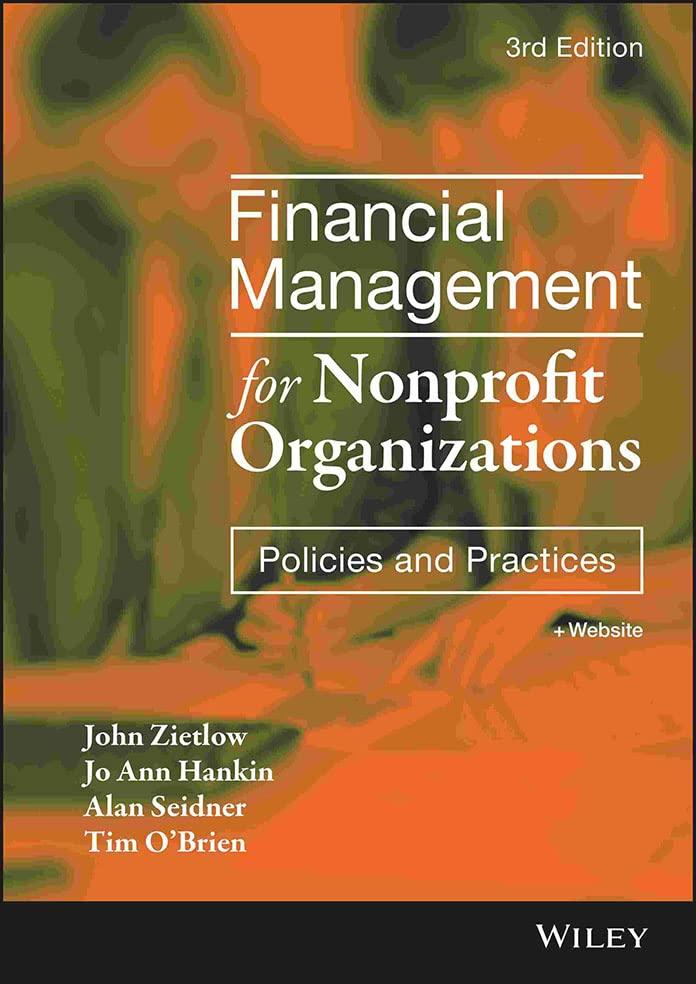Question
Firm D has a tax rate = 21%; 10-year, 5% coupon, annual payment noncallable bonds selling for $990; 7%, $100 par value, quarterly dividend, perpetual
Firm D has a tax rate = 21%; 10-year, 5% coupon, annual payment noncallable bonds selling for $990; 7%, $100 par value, quarterly dividend, perpetual preferred stock sells for $99; Common stock sells for $10 with D1 = $0.35 and g = 4%; the firm has beta = 1.0; rRF = 1%; RPM = 6%; the Bond-Yield Risk Premium = 4% and there are 1,000 bonds, 100 preferred shares, and 35,000 common equity shares; the balance sheet indicates $1 million of bonds, $10,000 of preferred stock and $200,000 of common stock; the target capital structure is 50% debt, 5% preferred, 45% common equity. What is the WACC using EACH of the weighting mechanisms? Which is the best technique and why? Worst and why?
Step by Step Solution
There are 3 Steps involved in it
Step: 1

Get Instant Access to Expert-Tailored Solutions
See step-by-step solutions with expert insights and AI powered tools for academic success
Step: 2

Step: 3

Ace Your Homework with AI
Get the answers you need in no time with our AI-driven, step-by-step assistance
Get Started


